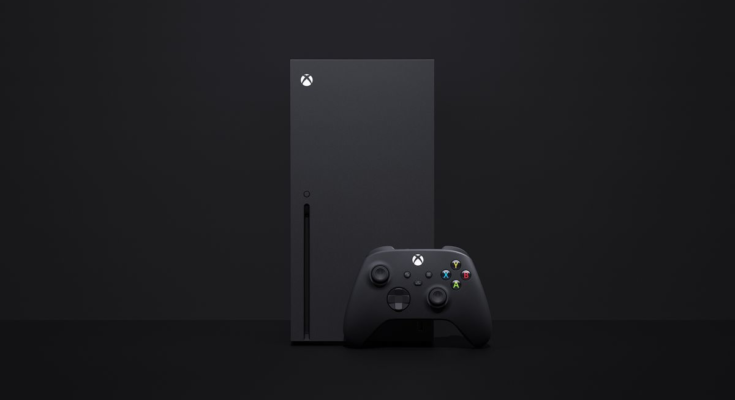In a tweet from its Newsroom account, Epic said that it was “stopping commerce with Russia in our games” as a direct result of the conflict. It also clarified that it would not block access to games for those who already own them “for the same reason other communication tools remain online: the free world should keep all lines of dialogue open.
In a tweet from its Newsroom account, Epic said that it was “stopping commerce with Russia in our games” as a direct result of the conflict. It also clarified that it would not block access to games for those who already own them “for the same reason other communication tools remain online: the free world should keep all lines of dialogue open.”
Epic’s move is the latest in a series of similar moves from Microsoft, Activision Blizzard, and EA.
In a letter to employees shared with the public on March 5, Activision Blizzard president and COO Daniel Alegre said that the company “will be suspending new sales of and in our games in Russia while this conflict continues.” Alegre says that the company is also matching employee donations “2:1 to organizations providing immediate relief in the region.”
Activision Blizzard’s decision to halt purchases “of and in” its games seems particularly significant given its apparent focus on microtransactions and potentially even subscription fees. Several of its games – including Call of Duty: Warzone and World of Warcraft – owe their continued development to ongoing payment models rather than one-off purchases.
In its statement on Friday, EA pledged to “stop sales of our games and content, including virtual currency bundles, in Russia and Belarus.”
EA focuses specifically on the sale of its games and bundles rather than existing purchases, and the publisher confirmed in an email to GamesRadar that it is “not shutting down access to local services at this time, meaning players who have already purchased a title in the region will still be able to access their game.” However, EA says it is also “working with our platform partners to remove our titles from their stores and stop the sale of new in-game content in the region.”
EA reiterated that it is “actively evaluating other areas of our games and operations” amid the ongoing war in Ukraine. The publisher pulled Russian teams from several EA Sports properties just two days ago.
Original story:
Microsoft has suspended “new” product sales and services within Russia in support of the ongoing sanctions against the country following its attack on Ukraine.
Company president Brad Smith announced the decision in a blog post earlier today, just two days after Ukrainian vice prime minister Mykhailo Fedorov called on PlayStation and Xbox to temporarily ban all Russian accounts.
“We are announcing today that we will suspend all new sales of Microsoft products and services in Russia,” Smith writes, stressing the company’s stance on “this unjustified, unprovoked and unlawful invasion by Russia.”
This suspension includes the likes of Windows, Xbox, Microsoft Azure cloud computing, and more. Additionally, Microsoft says it’s “stopping many aspects of our business in Russia” and “working in lockstep with the governments of the United States, the European Union, and the United Kingdom.”
It’s currently unclear what other business “aspects” Microsoft is suspending, nor do we know the full extent to which this decision will affect Xbox operations in Russia. The company’s statement specifies “new sales,” so while Russians won’t be able to buy a new Xbox Series X from official sources, for example, when and how Russian access to services like Xbox Live or Xbox Game Pass will be affected is less concrete. We’ve reached out to Microsoft for more details and will update our reporting if we hear back.
More and more gaming companies and developers are beginning to act on the war in Ukraine. Earlier today, PlayStation seemingly pulled Gran Turismo 7 from Russian stores, though Sony has yet to comment on the situation directly. Yesterday, Cyberpunk 2077 and The Witcher 3 developer CD Projekt suspended all digital and merch sales in Russia and Belarus. Two days ago, EA pulled Russian teams from its latest FIFA and NHL installments.
What it’s like for Ukrainian game developers working and living in the shadow of war.



